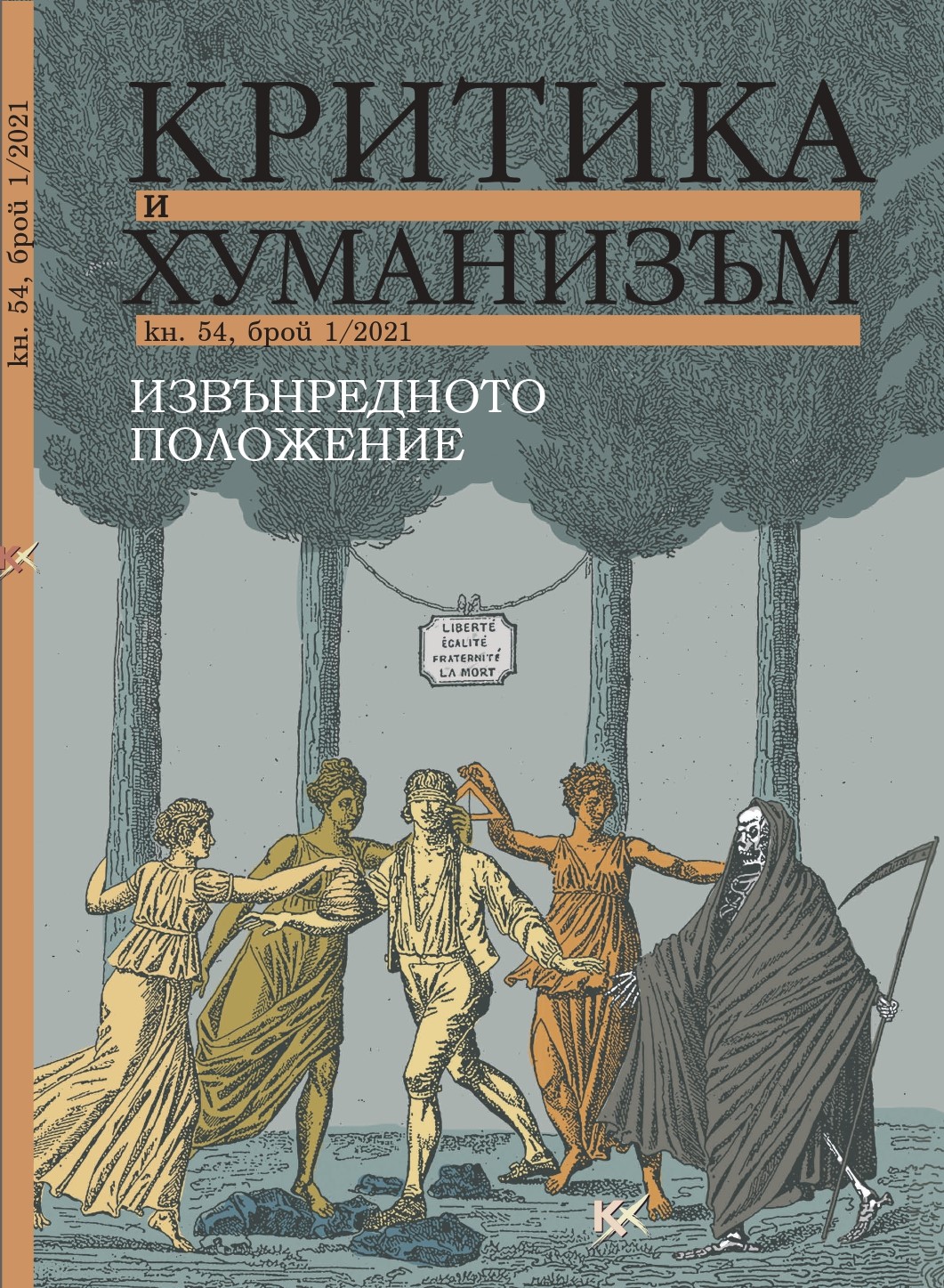Loimos и stasis в старогръцкото мислене
Loimos and stasis in Ancient Greek Thought
Author(s): Georgi GochevSubject(s): Philosophy, Law, Constitution, Jurisprudence, History of Philosophy, Ancient Philosphy, Philosophy of Law
Published by: Фондация за хуманитарни и социални изследвания - София
Keywords: ancient medicine; epidemics; stasis; history of discourse; ancient historiography
Summary/Abstract: In Aeschylus’ Persae, a tragedy staged in 472 BC, the Persian queen Atossa has summoned the ghost of her dead husband, the great king Darius. After praising Darius for his fortunate life, she tells him that enormous calamities have fallen upon his subjects and the power of Persia has been utterly ruined. “How did it happen?“, asks Darius. “Did some stroke of pestilence or factional strife come upon the State?” (vv. 715-6, transl. Herbert Weir Smyth).A pestilence or a strife, loimos or stasis has hit the State, asks Darius? What is unusual in Darius’ questioning is the conjunction “or”. In classical Greek literature, loimos and stasis are not alternative evils, but an evil couple referring to the physical and social aspects of a same thing, namely a mode of living in which human differences no longer serve the common good of the community. What these two words refer to, is the polis community in a state of inversion.In the first part of his paper, the author explores the etymology and semantics of loimos and stasis. In the second part, he explores several texts in Greek literature, from Homer’s Iliad to Thucydides’ History, where loimos and stasis manifestly form a couple; at the end of this part, he also refers to a medical text, the Epidemics, part of the Hippocratic corpus, in order to draw attention on how the discourse sets up order and normality in the representation of an abnormal situation such as epidemy. In the third part of the paper, the author explores three aspects of what he sees as the polis community in inversion: the war on distribution of common goods; the abandonment of law; the impossibility of defining common criterion of truth.
Journal: Критика и хуманизъм
- Issue Year: 2021
- Issue No: 54
- Page Range: 11-22
- Page Count: 11
- Language: Bulgarian
- Content File-PDF

